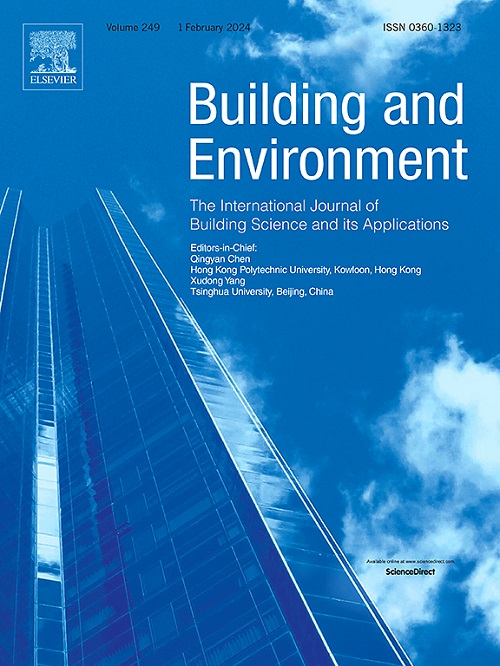A performance-based incentive sharing mechanism for communities of residential end users leveraging an ontology-driven approach
IF 7.6
1区 工程技术
Q1 CONSTRUCTION & BUILDING TECHNOLOGY
引用次数: 0
Abstract
Energy sharing, whether physical or virtual, is crucial for optimizing the use of locally generated renewable energy within communities of residential end users, including Renewable Energy Communities (RECs) and Collective Self-Consumption (CSC) groups. By sharing energy, participants can increase self-consumption of renewables while reducing reliance on the grid. To encourage participation, many frameworks provide economic incentives for shared energy, offering financial benefits to those who contribute to community energy goals. However, ensuring a fair allocation of both shared energy and its associated incentives remains a challenge.
This study introduces a novel performance-based incentive-sharing mechanism that dynamically adjusts the allocation of economic benefits based on user ability to shift consumption in response to surplus availability. Different from traditional approaches, the mechanism integrates a dynamic baseline selection process with an ontology-driven metadata model, using SAREF and its domain-specific extensions to ensure interoperability and automation. This semantic framework enables scalable deployment across heterogeneous community configurations while reducing setup complexity.
The process was tested over a seven-month period within a collective self-consumption group of 13 residential users who virtually share energy from a centralized PV system. Results show that users who adjusted their consumption to match surplus availability increased their daily incentives by up to 40% compared to a standard sharing mechanism, while those who performed below expectations experienced a corresponding decrease. These findings highlight the potential of structured data-driven approaches, supported by ontologies, to improve decision-making in community energy management.
利用本体驱动方法为住宅终端用户社区提供基于绩效的激励共享机制
无论是物理的还是虚拟的能源共享,对于优化住宅终端用户社区(包括可再生能源社区(rec)和集体自用(CSC)群体)内本地生产的可再生能源的使用至关重要。通过共享能源,参与者可以增加可再生能源的自我消耗,同时减少对电网的依赖。为了鼓励参与,许多框架为共享能源提供经济激励,为实现社区能源目标做出贡献的人提供经济利益。然而,确保共享能源及其相关激励的公平分配仍然是一项挑战。本文提出了一种基于绩效的激励共享机制,该机制根据用户对剩余可用性的消费转移能力动态调整经济利益的分配。与传统方法不同,该机制将动态基线选择过程与本体驱动的元数据模型集成在一起,使用SAREF及其特定于领域的扩展来确保互操作性和自动化。此语义框架支持跨异构社区配置的可伸缩部署,同时降低设置复杂性。该过程在一个由13个住宅用户组成的集体自用组中进行了为期7个月的测试,这些用户实际上共享来自集中光伏系统的能源。结果显示,与标准共享机制相比,调整消费以匹配剩余可用性的用户每日奖励增加了40%,而那些表现低于预期的用户则相应减少。这些发现突出了由本体论支持的结构化数据驱动方法在改善社区能源管理决策方面的潜力。
本文章由计算机程序翻译,如有差异,请以英文原文为准。
求助全文
约1分钟内获得全文
求助全文
来源期刊

Building and Environment
工程技术-工程:环境
CiteScore
12.50
自引率
23.00%
发文量
1130
审稿时长
27 days
期刊介绍:
Building and Environment, an international journal, is dedicated to publishing original research papers, comprehensive review articles, editorials, and short communications in the fields of building science, urban physics, and human interaction with the indoor and outdoor built environment. The journal emphasizes innovative technologies and knowledge verified through measurement and analysis. It covers environmental performance across various spatial scales, from cities and communities to buildings and systems, fostering collaborative, multi-disciplinary research with broader significance.
 求助内容:
求助内容: 应助结果提醒方式:
应助结果提醒方式:


